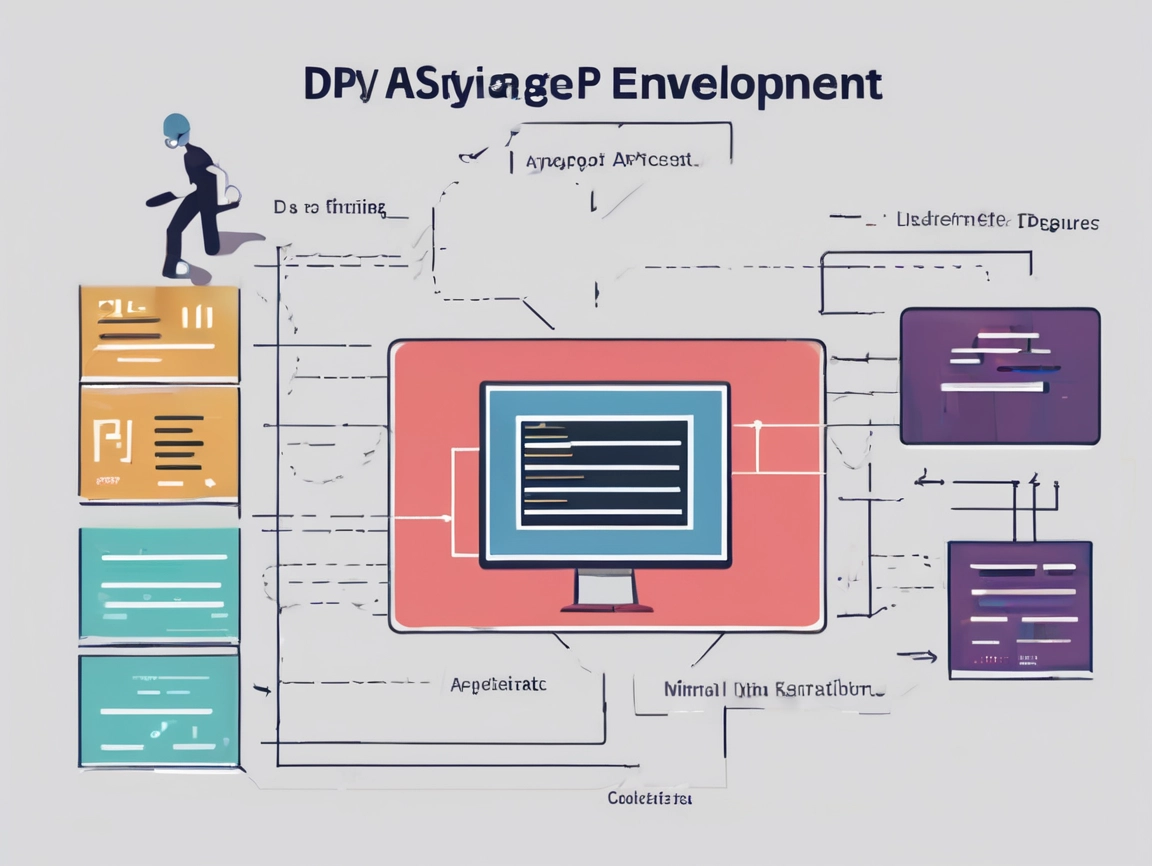The Evolution of .NET Development: Embracing Minimal APIs
Over the years, .NET has undergone substantial changes to meet the growing demands of modern application development. Initially, .NET was synonymous with large, complex frameworks that required extensive boilerplate code. As the industry shifted toward microservices and cloud-based architectures, the need for more lightweight solutions became evident. This led to the introduction of ASP.NET Core, a cross-platform framework that allowed developers to build web applications with improved performance and scalability.
With the release of .NET 6, Minimal APIs emerged as a game-changer. This new approach leverages the simplicity of .NET Core while minimizing the amount of code needed to create HTTP APIs. By providing a streamlined way to define routes, handle requests, and return responses, Minimal APIs allow developers to focus on core functionality rather than boilerplate configurations. Microsoft’s documentation highlights how this shift not only facilitates rapid development but also enhances maintainability and readability of the codebase.
The community response to Minimal APIs has been overwhelmingly positive. Developers are embracing this paradigm shift, recognizing that it aligns well with the growing trend of building microservices and serverless architectures. As organizations look to optimize their development processes, Minimal APIs present a compelling solution for creating lightweight, high-performance APIs that can be easily integrated into broader ecosystems. For more insights on .NET development trends, you can explore the official Microsoft .NET Blog.
Key Benefits and Use Cases for Minimal APIs in .NET
One of the primary advantages of Minimal APIs is their simplicity. The reduced boilerplate code not only accelerates the development process but also lowers the barrier to entry for new developers. This ease of use allows teams to quickly iterate on their APIs, facilitating rapid prototyping and testing. Additionally, the straightforward syntax minimizes the cognitive load on developers, enabling them to concentrate on designing efficient and effective endpoints.
Moreover, Minimal APIs shine in microservices architecture. Their lightweight nature makes them ideal for building dedicated services that perform specific tasks without unnecessary overhead. For example, in a microservices ecosystem, different services may require distinct, focused APIs—Minimal APIs provide the perfect solution for these scenarios. This modular approach also simplifies deployment and scaling, allowing organizations to quickly adapt to changing business needs.
Lastly, Minimal APIs are a great fit for serverless computing environments, such as Azure Functions or AWS Lambda. The minimalistic design aligns well with the principle of “only pay for what you use,” as developers can create concise APIs that respond to specific events without the need for extensive infrastructure. This not only reduces costs but also enables organizations to achieve faster time-to-market. To dive deeper into serverless architecture with .NET, check out Microsoft Azure’s Serverless Documentation.
In conclusion, the advent of Minimal APIs in the .NET ecosystem marks a significant step forward in the evolution of API development. By embracing simplicity and efficiency, Minimal APIs enable developers to create high-performance applications with robust functionality while minimizing complexity. As the demand for agile and scalable solutions continues to grow, Minimal APIs are poised to play a pivotal role in shaping the future of .NET development. Organizations that adopt this innovative approach will likely find themselves better equipped to navigate the challenges of modern software development, paving the way for a more agile and responsive operational model. For those interested in exploring this further, the official ASP.NET Core Documentation serves as an invaluable resource.




